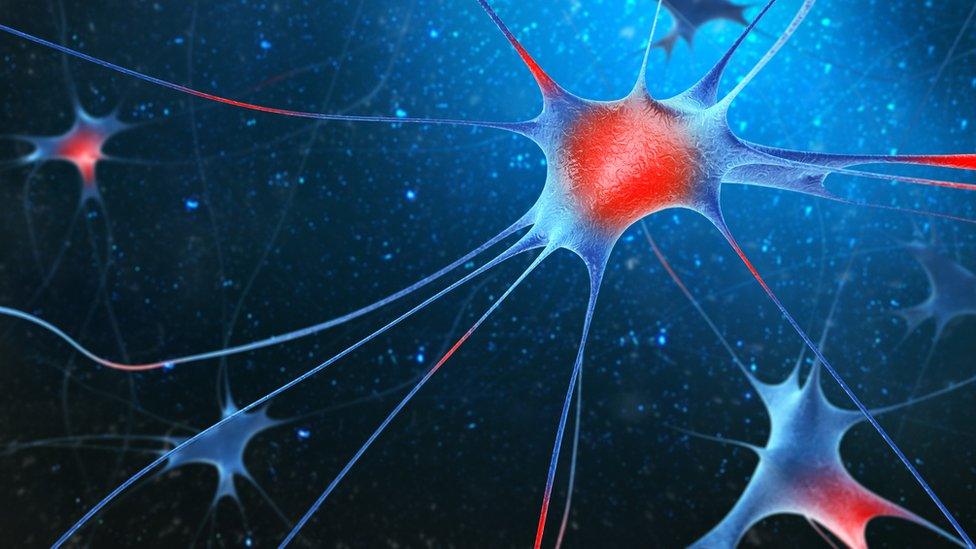New Scottish drug trial for motor neurone disease
- Published

A charity has announced the launch of the first motor neurone disease (MND) clinical drug trial in Scotland, in over 20 years.
MND Scotland, which is spending £1.5m on drug trials, will test a new therapy for the most common form of MND.
The first trial for Amyotrophic Lateral Sclerosis (ALS) involves Interleukin-2, which is used for some types of cancer.
The study will focus on types of immune cells in the blood, which can influence the speed at which ALS progresses.
This is because these immune cells are believed to play a part in protecting the motor neurones, the nerve cells that control movement.
'Important first step'
MND Scotland is now recruiting patients in Glasgow who meet the criteria for tests.
Dr George Gorrie, consultant neurologist at Queen Elizabeth University Hospital, who will be leading the trial in Scotland, said: "This is an important first step in providing patients with MND the opportunity to take part in therapeutic studies in Scotland.
"I am hopeful this study will lead to further drug trials in MND across the country."

Motor neurone disease affects how nerves in the brain and spinal cord function
Lawrence Cowan, chairman of MND Scotland, said: "I want us to bring more trials here.
"That's why MND Scotland has created a 'time for trials fund' which will invest over £1.5m to help deliver our ambition of bringing more drug trials to Scotland."
As well as funding research, MND Scotland provides care and support to people affected by the terminal illness, which can cause loss of the ability to walk, talk, eat, drink or breathe unaided.
There is currently no cure or effective treatment for MND and the average life expectancy from diagnosis is just 20 months.
- Published20 April 2018
